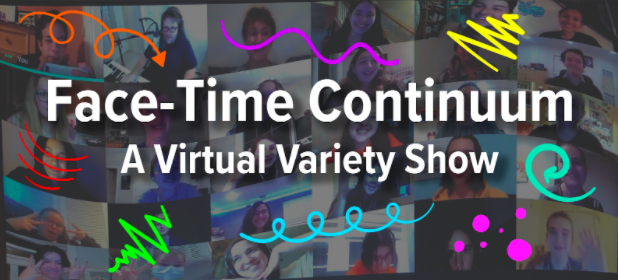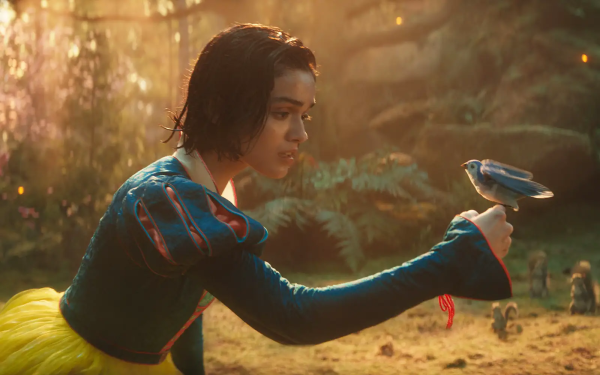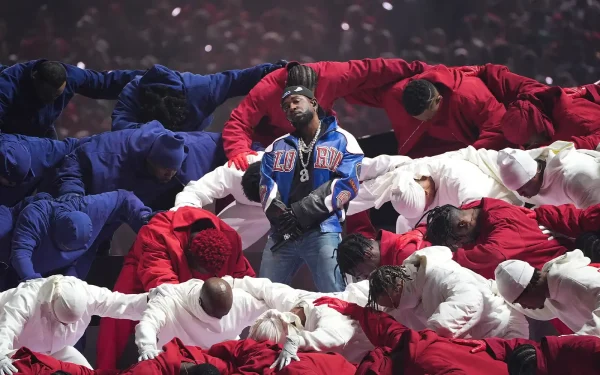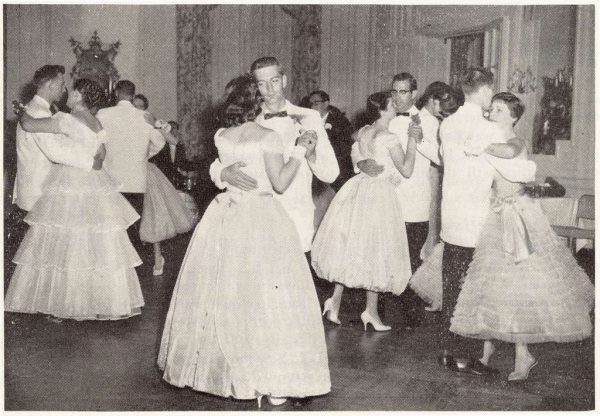Pascack Hills Players adapt to pandemic challenges with virtual show
The process of putting together this performance has been quite different than any other show Hills has produced, namely because it was conducted entirely virtually, and written entirely by student writers.
Click here for a press release shared by the Pascack Hills Players with more information about “Face-Time Continuum.”
There have been a lot of recent dramatic changes to the lives of Pascack Hills students, and the Pascack Hills Players have taken these changes in stride. This December, they are excited to present this year’s virtual fall musical: “Face-Time Continuum: A Virtual Variety Show.”
The process of putting together this performance has been quite different than any other show Hills has produced, namely because it was conducted entirely virtually, and written entirely by student writers. One large difference, though, is in how the rehearsals have been conducted.
aDVERTISE HERE
The regular rehearsal process consists of intense music, choreography, and acting rehearsals that take place over a span of about two-three months. However, Hills’ theater director, Allison Andresini noted that “this process is equally complex.”
Andresini explained, “There are two kinds of virtual rehearsals we’ve used for our process: group rehearsals or one-on-ones. Group rehearsals involve the entire cast getting together via Google Meet. Just like in class, everyone has their cameras on and mics off, while we run through learning a song, working on choreography, or acting in a scene.”
The cast met at least two times a week for about a month to conduct these group rehearsals, while behind the scenes, the directing team was hard at work. “We coordinated everything via Google Meet and Canvas,” Andresini commented. “The students recorded their parts separately and then the team and I are editing it all together after the fact.”
For the Pascack Hills Players, one of the most anticipated parts of each show is hearing how each song sounds when the cast sings together, and watching the choreography in sync on stage. However, Andresini noted that “We won’t actually know what the whole cast sounds like together until the show is done!”
Musical director Kevin Lynch shares the struggles of mixing 20 different voices and making it sound as if they are all singing together. “Group numbers aren’t impossible,” he said, “but they do pose quite a challenge since you all aren’t in the same room together to hear what you all sound like as an ensemble or group. It makes things very difficult to get right such as cut-offs, entrances, pitch, rhythm, and vowels.”
Similarly, choreographer, Adria Warfield has been facing challenges unique to the field of dance. “The biggest challenge,” she shared, “is choreographing in a way that reads well on camera AND that everyone can learn. Learning online is much different than learning in person, especially dance. You have to describe steps much more in-depth. So I try to create simple choreography that everyone can learn but still has variation.”
While the team of directors was dipping their toes into the field of editing, the stage crew was facing different challenges. In a traditional theatre experience, the crew mainly works with set pieces. However, this year there were no sets to work with, as it is a virtual show. Because of the nature of this year’s show, the crew has had significantly less work.
Valentina Cannao, the stage manager, said “it’s more difficult for me personally because I can’t express myself as I do in traditional theatre, and I am having a hard time adjusting to the significant cut to my workload, which doesn’t sound like a bad thing but is really messing with my rhythm.”
Although the team is doing their best to make the virtual theater experience as similar to the in-person theater experience as possible, some cast and crew members still fear that they are missing out on a theatrical experience.
Senior Terence Frize stated that he does “fear missing out on my last show. I have been having lots of fun performing and making friends during my days of theater. The Pascack Hills Players [is] the theater program that I have care[d] for my whole life, [and] where I have worked hard for a show and made friends.”
And while seniors such as Cannao and Frize fear missing out on their senior theater experience, freshmen like Jonathan Lengel are wishing they could have a better introduction to their freshman year. Lengel shared that, similar to many other cast members, he “misses the rush of being on stage and all that goes into live shows,” but is grateful that the format of the virtual show is still allowing him to connect with his fellow castmates.
The cast, crew, and production team of “Face-Time Continuum” have faced their fair share of challenges throughout the entire process, but in the end, they have put together an exciting production that is sure to have you laughing through your mask come Dec. 11.
Click here for a press release shared by the Pascack Hills Players with more information about “Face-Time Continuum.”
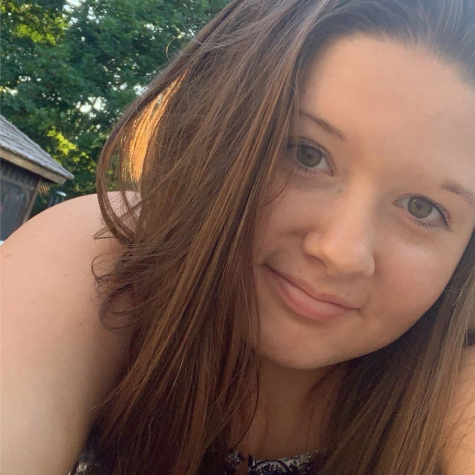
Scianna Scott is a junior at Hills. This is her first year as a member of the Trailblazer team, which she joined in August as a staff writer. Scott is looking forward to a great year of writing and reporting.
Fun fact: Scott once went cliff jumping in Cozumel, Mexico!
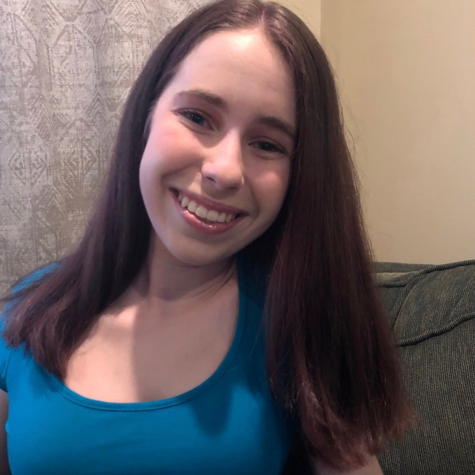
Riley is a senior and is so excited to be in her fourth year on the Trailblazer Staff! Riley has served as both the In-Depth Editor and College Corner editor, and is now thrilled to lead the Trailblazer Team as Co-Editor-In-Chief!
Fun Fact: Riley has memorized every episode of Glee.
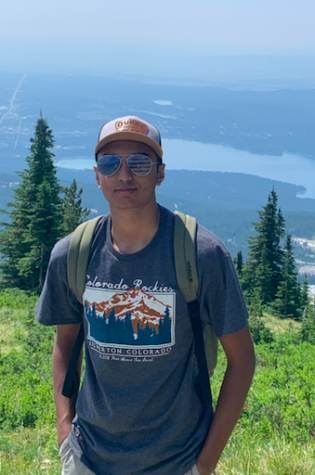
Shaan Dalal is a junior at Pascack Hills. He joined the Trailblazer his sophomore year and wrote articles for the Sports section. This year, Dalal is excited to edit the Sports section and help shed light on Hills' athletes.
Fun fact: Dalal has a goal to watch every NFL game in the upcoming season.








































